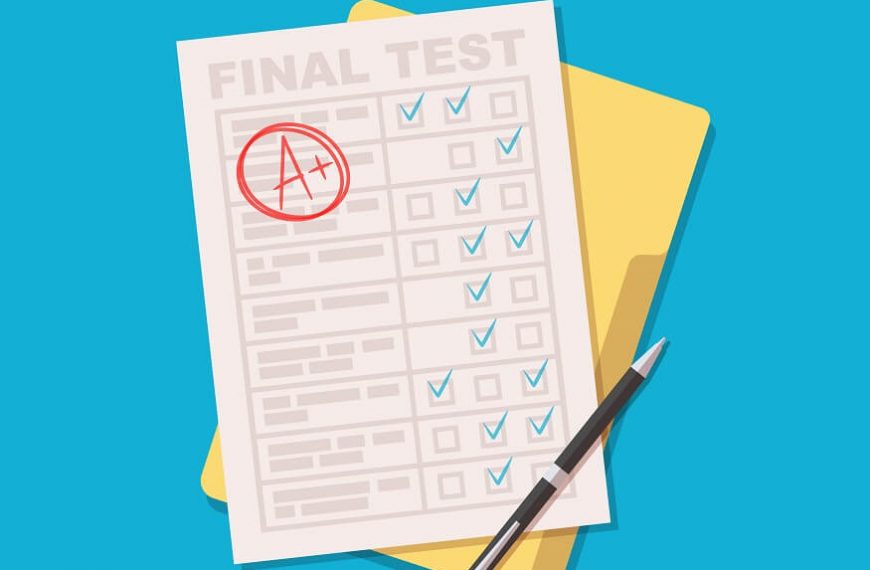Unveiling the Essence of Your Child’s Report Card
As parents, few things bring us more joy than witnessing our children’s growth and achievements. One of the most precious windows into their academic progress is their report card. It’s like opening a treasure chest filled with insights and glimpses into their educational journey. Just like a painter’s palette holds a spectrum of colours, a report card holds a spectrum of information that can guide us in supporting our children’s development. In this blog, we will explore five key points that will help you unlock the true essence of your child’s report card and actively participate in their academic success. So, let’s embark on this journey of understanding together.
- Understanding report cards
- Analysing Subject Grades
- Interpreting Report Card Comments
- Recognizing the Importance of Effort and Progress
- Establishing a Collaborative Partnership with Teachers
Report cards can vary in format and structure depending on the educational institution or curriculum. It is essential to familiarise yourself with the specific layout and grading system used by your child’s school. This will enable you to interpret the information accurately and make meaningful assessments of your child’s progress. Pay attention to sections such as subject grades, attendance records, comments, and overall assessments.
Subject grades provide a snapshot of your child’s performance in each academic area. Look beyond the grades themselves and delve deeper into the curriculum objectives for each subject. This will help you understand the specific skills and knowledge that your child should be acquiring. If your child consistently excels in a subject, it is an indication of their strength in that subject. On the other hand, lower grades might highlight the need for extra support or attention in certain subjects. Identifying these patterns can guide you in determining how best to assist your child in their academic pursuits.
Report card comments provide valuable insights beyond grades, offering context to your child’s performance, work habits, behaviour, and areas for improvement. Take time to carefully read and understand these comments to gain a comprehensive view of your child’s academic journey. They provide clues to their work habits, organisational skills, and time management skills. Comments also shed light on classroom behaviour, attentiveness, participation, and social interactions. Use this information to celebrate strengths, address challenges, and promote growth. If you have concerns or need clarification, reach out to the teacher for guidance. Embrace report card comments as a tool for supporting your child’s development and fostering open communication between home and school.
Beyond the grades on a report card, it’s crucial to acknowledge and appreciate the effort and progress your child has made. Some report cards have a dedicated section to highlight these invaluable aspects. Celebrating your child’s hard work, dedication, and personal improvement can boost their drive and self-esteem tremendously. Remember, every child learns at their own pace, and progress should be cherished, irrespective of the final grades achieved.
Celebrate their achievements, no matter how small, and acknowledge the progress they’ve made in specific subjects or skills. Highlight their strengths and provide gentle guidance in areas that require improvement. By nurturing their growth mindset and focusing on their individual journey, you lay the foundation for lifelong learning and self-motivation.
Teachers play a vital role in your child’s education, and developing a collaborative connection with them can help your child improve academically. Use the report card as an opportunity to initiate communication with your child’s teachers. Attend parent-teacher conferences or request individual meetings to discuss your child’s strengths, challenges, and strategies for improvement. Sharing your observations and insights can provide valuable context to the teachers and facilitate a tailored approach to support your child’s learning journey.
Conclusion
Receiving your child’s report card is a time to celebrate their unique journey of growth and development, not merely evaluate their academic success. Just as a gardener tends to their plants, nurturing them with care and attention, you have the power to cultivate an environment that fosters your child’s love for learning. By understanding the structure, analysing subject grades, interpreting comments, appreciating effort and progress, and fostering collaboration with teachers, you can create a harmonious symphony of support and encouragement for your child’s educational endeavours.
At EuroKids, we understand the importance of report card comments and the role they play in shaping your child’s academic journey. Our nurturing environment, child-centric curriculum, and experienced educators strive to unlock every child’s potential. We believe that a report card is not just a piece of paper but a celebration of a child’s unique journey. So, as you dive into your child’s report card, remember to cherish the milestones to watch and celebrate the progress, and embrace the beautiful tapestry of their growth. Let us work together to create a bright and hopeful future for your child.
Visit our website or contact us today to discover how EuroKids can be the stepping stone to your child’s success!
















